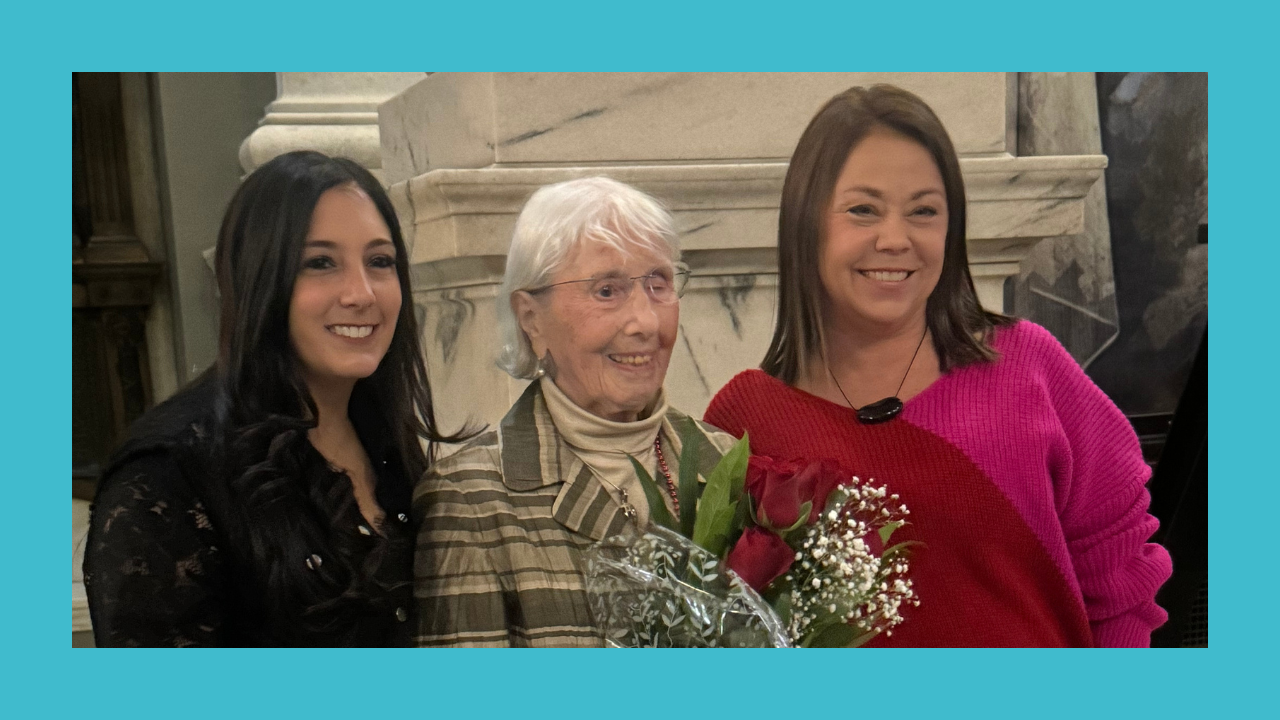Getting Started with Orton-Gillingham: Advice for Educators

We recently had the pleasure of sitting down with Tiffany Solomon to discuss the ripple effects of dyslexia, and how it impacts not just the classroom but also shapes lives, families, and the workplace.
Helaine Schupack is one of the founding Fellows of the Orton-Gillingham Academy (OGA), which was founded in 1995 and now has over 3,800 members. Her mission to help individuals with dyslexia receive the interventions they need to thrive eventually expanded to her joining forces with the Orton Society (now the International Dyslexia Association) when it formed its Teacher Training Initiative. She’s been the recipient of the Massachusetts Branch of the International Dyslexia Association’s Alice Garside award.
Helaine is one of Rhode Island’s abiding champions in the field of dyslexia and was awarded the first Decoding Dyslexia Legacy Award.
If you’re an educator considering Orton-Gillingham (OG) training or just starting your journey, you’ve likely heard that it’s intensive but transformative. The OG approach is one of the most effective ways to support students with dyslexia and other language-based learning differences, but mastering it takes time, dedication, and hands-on experience. Here is the advice Helaine shared with us in our recent episode!
Here’s what you need to know before diving in:
1. Be Prepared for a Rigorous Learning Process
Becoming OG-trained is not a quick online certification or a weekend workshop. It’s a deep dive into the structure of the English language, phonology, morphology, and multi-sensory instruction. Most educators never learned this level of linguistic detail in their teacher preparation programs, so it requires a year or more of study, practice, and guidance.
Key Takeaway: OG is not something you can learn overnight. It requires commitment, but it’s worth it.
2. A Practicum is Essential—Don’t Skip It
Many training programs offer lectures or self-paced courses, but without hands-on practicum experience, it’s impossible to become truly proficient. When you begin implementing OG strategies with real students, you’ll quickly realize that no two students are alike, what works for one may not work for another. That’s why the practicum, where you work under the guidance of a mentor, is crucial.
A skilled OG supervisor will observe your lessons, provide corrective feedback, and help you refine your approach. You’ll make mistakes (that’s part of the process) but you’ll also learn how to adjust your instruction to meet individual needs.
Key Takeaway: No practicum = no real mastery. Learning through experience is the only way to truly understand OG.
3. Expect the Unexpected—Every Student is Different
Once you start working with students, you’ll quickly realize there’s no one-size-fits-all approach. You’ll encounter students who struggle with phonics, others who can read but can’t organize their thoughts into writing, and some with attention challenges that make structured lessons difficult.
Diagnostic and prescriptive teaching, assessing what each student needs and adapting your instruction accordingly, is at the heart of OG. That’s why flexibility and deep knowledge of the language are essential.
Key Takeaway: Every student is unique. Be ready to adapt, adjust, and think critically about what works best.
4. Stick With It, The Reward is Worth the Effort
Many trainees feel overwhelmed during OG training. It’s easy to wonder, “Can I really do this?” But those who push through find that OG not only transforms the way they teach but also gives them an invaluable skill set that stays with them throughout their career.
Plus, OG training makes you more marketable. Whether you stay in your current school, move districts, or even teach in another country. You are the program. Your expertise isn’t tied to a single curriculum, it’s a method you can carry anywhere.
Key Takeaway: Yes, it’s hard. Yes, it’s time-consuming. But it’s one of the most valuable skills you’ll ever gain as an educator.
Final Thoughts
If you’re considering OG training, go for it, but be prepared to commit. Invest in a program that includes a practicum with expert mentorship, be open to learning from mistakes, and know that you’re developing a skill set that will change lives (including your own).
Are you thinking about OG training or currently in the process? Share your experiences and questions in the comments below!
For the full discussion, check out our latest episode of the Together in Literacy podcast. If you like what you hear, don’t forget to rate, leave a positive review, and subscribe!
We officially have merch! Show your love for the Together in Literacy podcast by sporting a t-shirt or sweatshirt!
Looking for strategies and resources?
Sign up for our newsletter for news, resources, and freebies delivered straight to your inbox.
We hate SPAM. We will never sell your information, for any reason.
